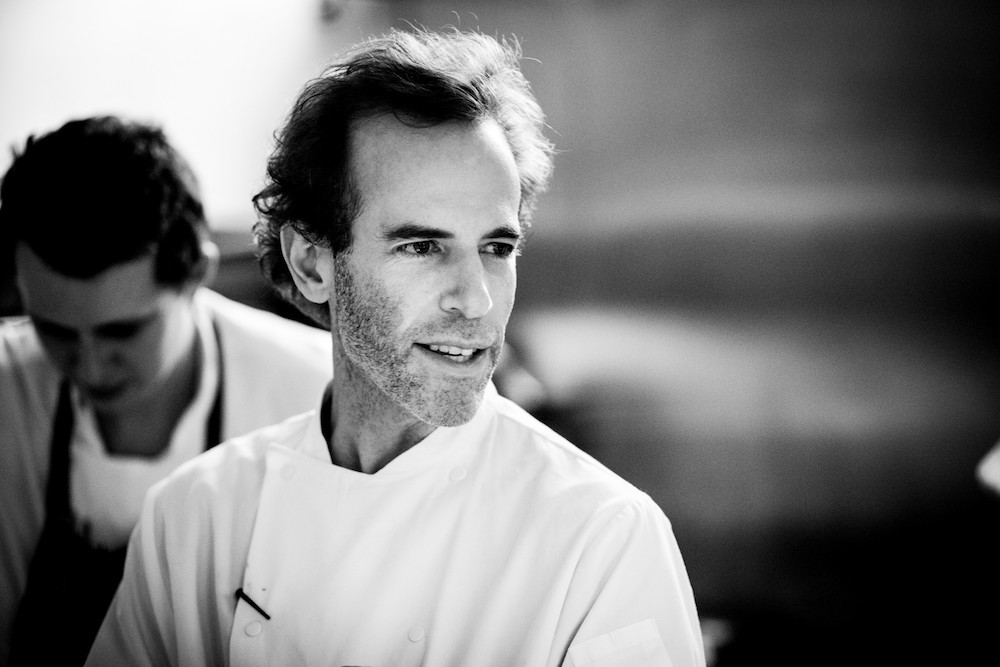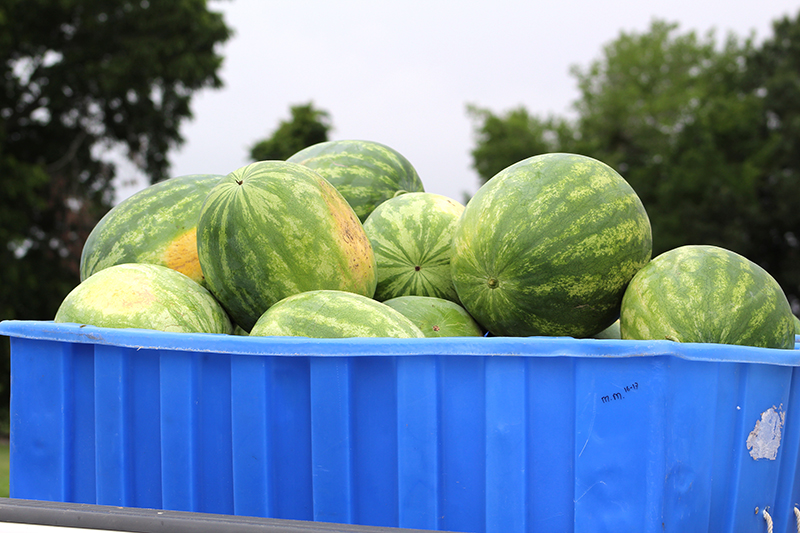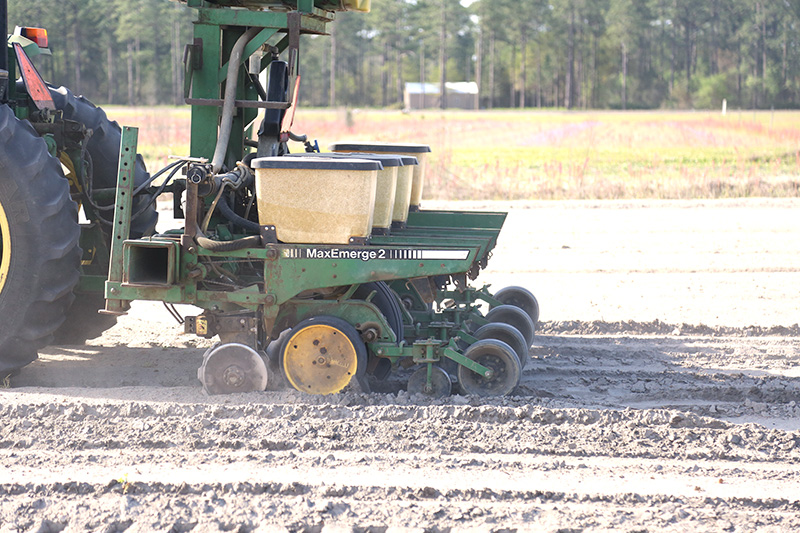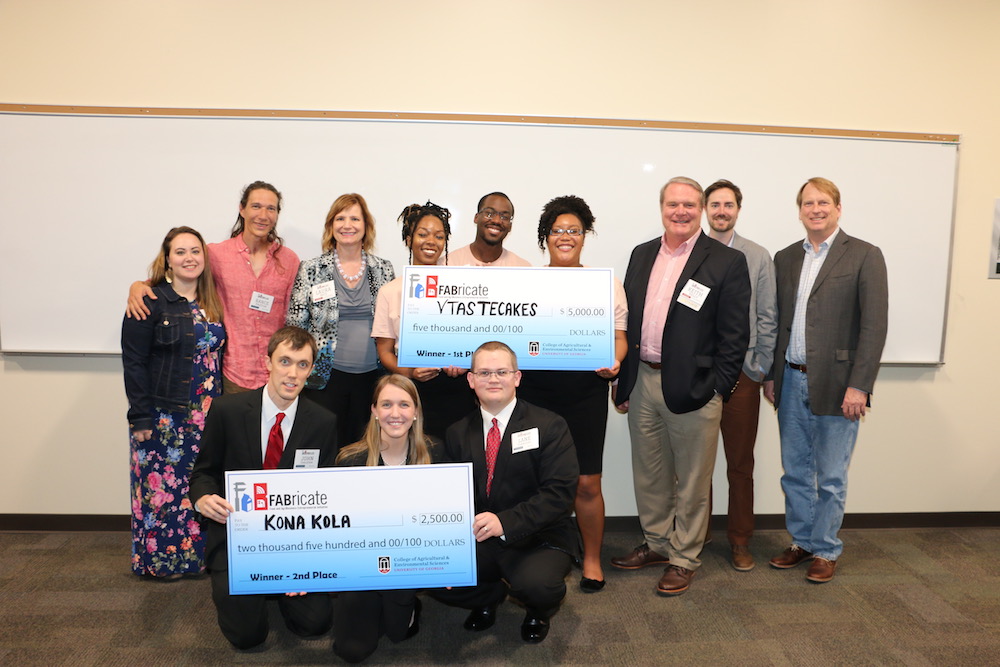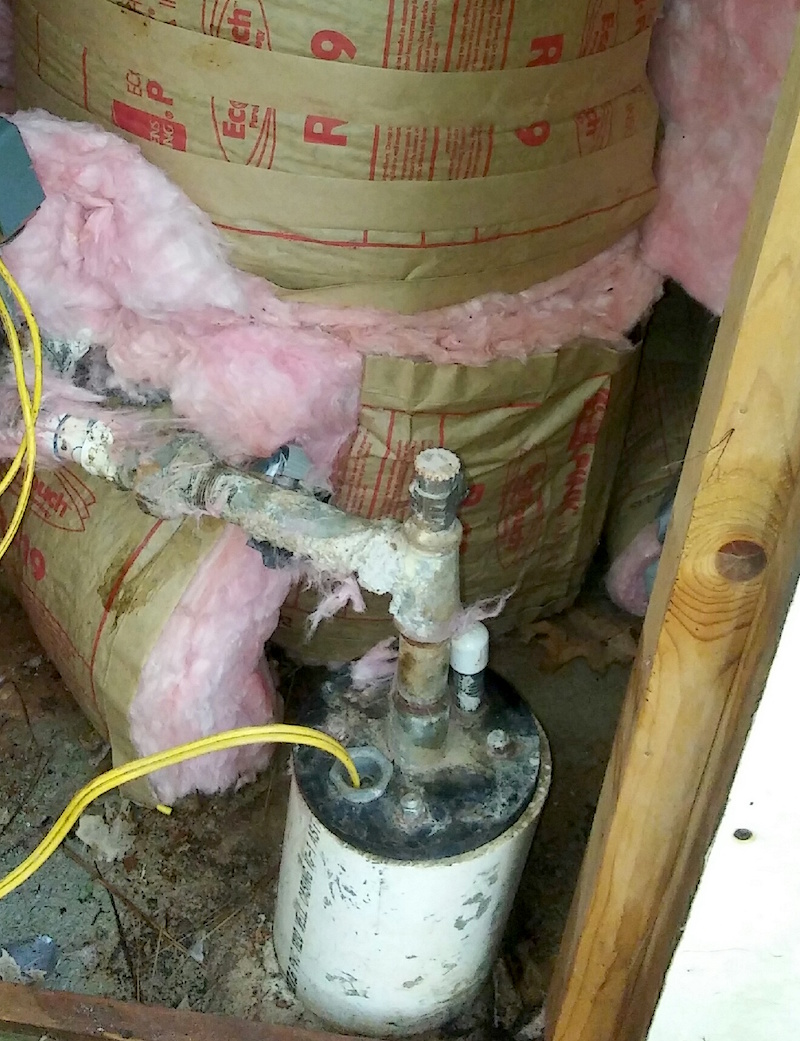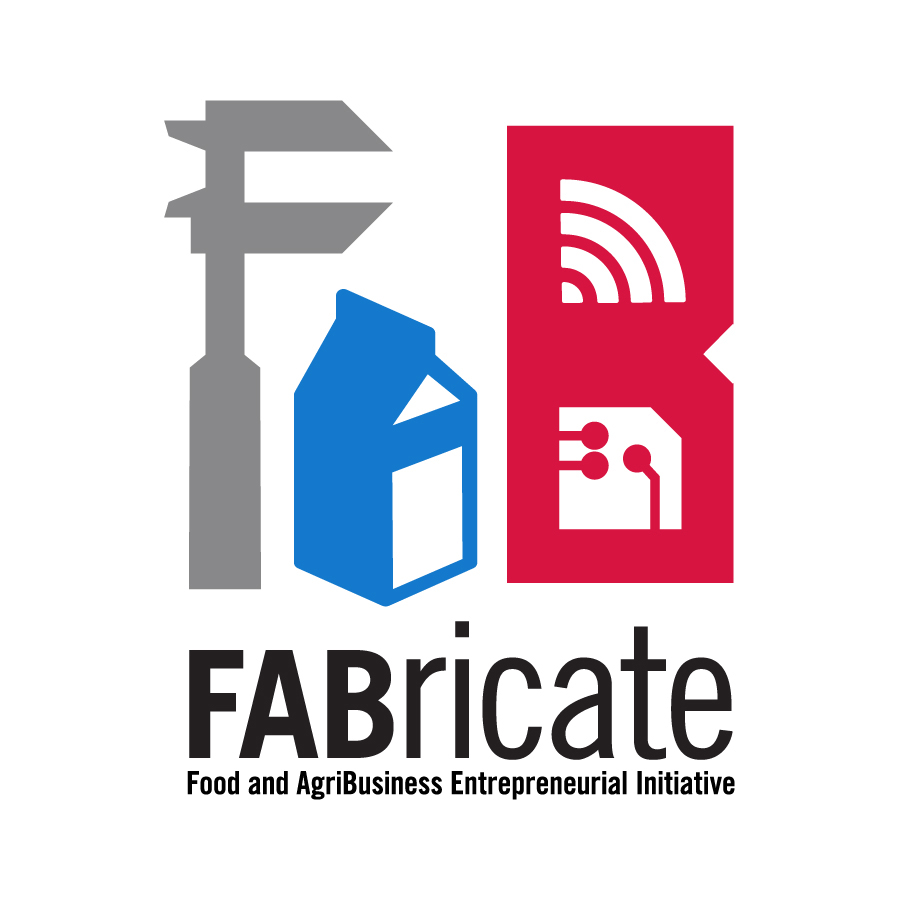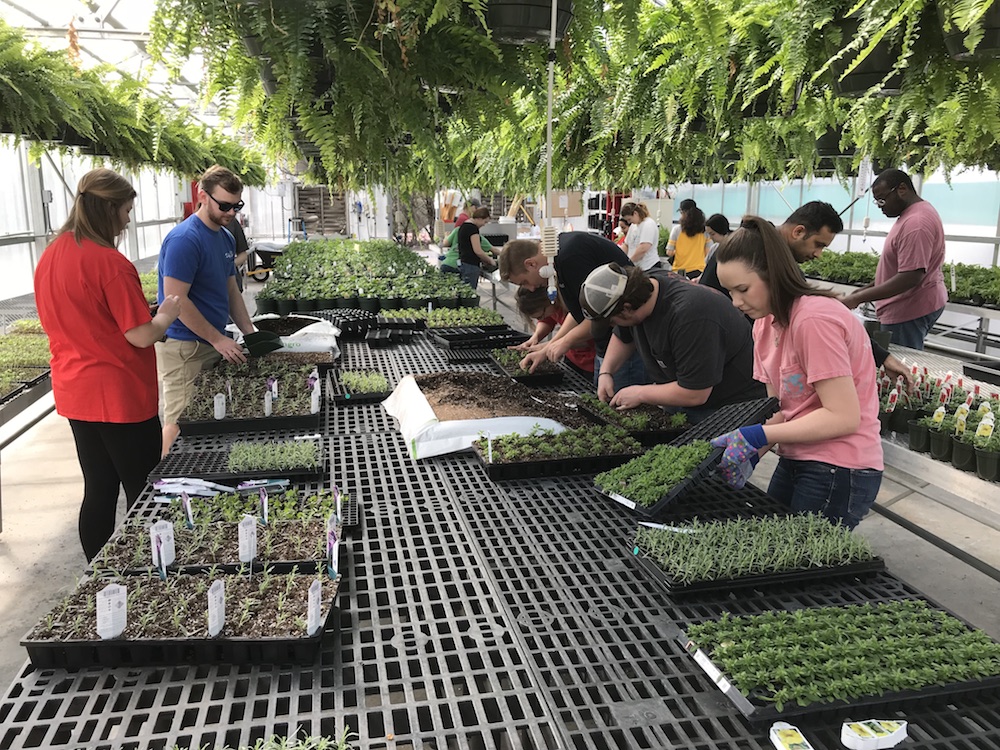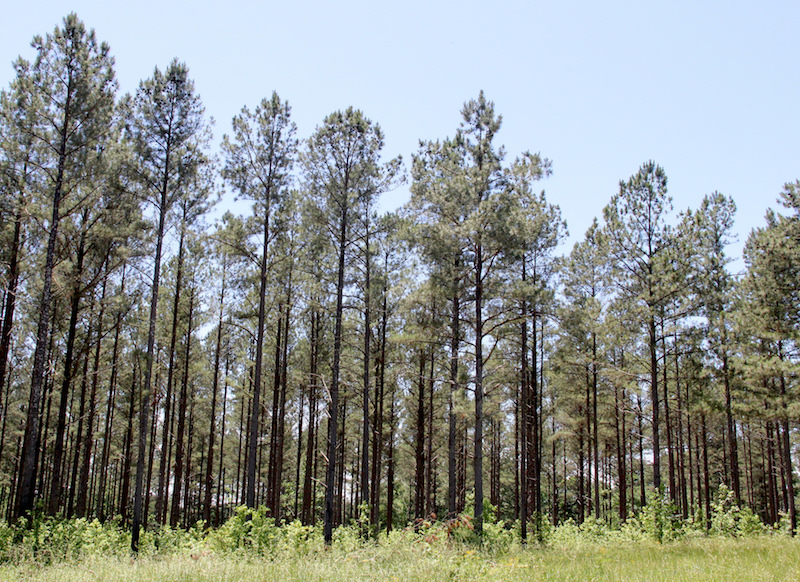 CAES News
CAES News
Agroforestry & Wildlife
Pine straw production, timber sales and wildlife management will top the list of topics at the Agroforestry and Wildlife Field Day slated for Thursday, Sept. 20, at the University of Georgia’s Westbrook Research Farm in Griffin, Georgia.

